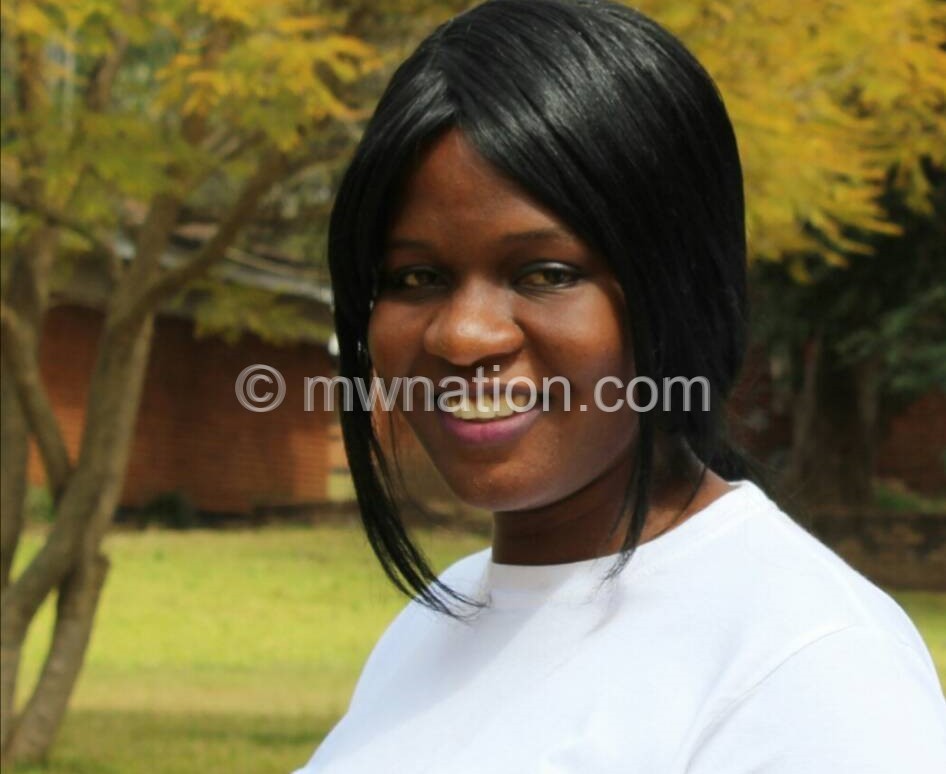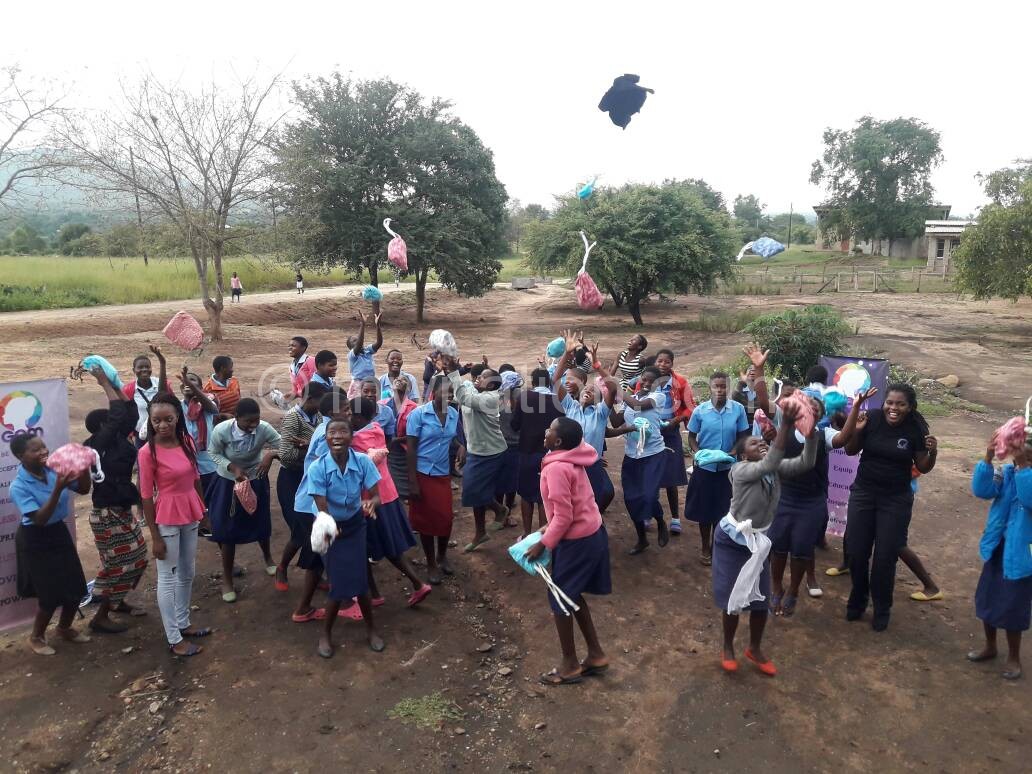Yamiko Kawale: Founder of Girls Empowerment and Mentorship (GEM)
As a secondary school teacher, 33-year-old Yamiko Kawale has witnessed social injustices and challenges girls go through following sexual assaults perpetrated by their teachers or fellow students.
“I have seen girls being victims of sexual abuse and harassment at the hands of some male teachers, boys and peers. They mostly do not know what to do or who to report to. Sometimes, even when they report the cases, justice is delayed or denied.
“It is also disheartening when male teachers who are involved in these evil practices, with all the evidence pointing at them, are just transferred to another school which I feel is not solving a problem, but transferring it from one school to another,” the mother of two explains.
While teaching at a certain secondary school, Yamiko recalls an incident where a girl reported sexual harassment, but no action was taken.
She took up the issue together with her colleagues. They asked around if there were other girls at the school who had also experienced sexual assault and a number of them came forward. They then reported the matter to the education division.
“Unfortunately, whether by coincidence or not, my colleague and I were transferred to another school and the matter died a natural death. This made me angry and I asked myself if this was how we are going to handle such issues involving our girls in schools. How many other girls have fallen victims to such acts and their cases never got to see the light of day?” she wonders.
At that point, Yamiko was driven to start a programme empowering girls with personal development skills on how to handle the social injustices they face at home and at school. They called the initiative Girls Empowerment and Mentorship (GEM).

She sought guidance from a number of people; including Siku Nkhoma-founder of Professional Women’s Network, an initiative that mentors young women professionals, after she offered to help women in terms of career and business.
“When I approached her, she advised me to use my experience as a teacher and what I have witnessed to come up with such an initiative,” she says.
GEM was established in 2016 to empower, educate, equip and motivate young girls between the ages of 11 and 19, by developing their communication, critical thinking, decision making and problem solving skills.
The initiative focuses on three groups. Firstly, they focus on primary school leavers- preparing both girls and boys for life in secondary school as a way of eliminating fear or worry as they transition.
The second area is skills development workshops for girls who are in secondary school, as a way of strengthening their skills in interpersonal relationship, critical thinking, sexual and reproductive health.
Lastly, they organise workshops for those who have just completed secondary school to equip them with skills in transitioning to life after secondary school. Yamiko explains that the initiative incorporates boys because she believes they are change agents.
“We believe that the fight against abuse and girls rights also needs male involvement and understanding of the issues that these girls go through so they [boys] can begin to respect the girls.
“We’ve also learned that during their adolescent stages, boys are discovering their bodies and want to experiment. They, in turn, engage in sexual relationships which can lead to abuse or harassment of girls. This can be if form of getting girls pregnant or initiating unsafe abortions,” she points out.
GEM would like boys to use their masculinity to respect girls.
Yamiko notes that most parents are happy with how their children have made positive behavioural changes and how they are excelling in school as a result of GEM interventions.
The organisation has reached over 1 000 girls through paid workshops and outreaches to the less privileged.
“GEM runs as a business ministry and with the profits realised from the paid workshops, we reach out to other girls who can’t afford. We invite different personalities to speak as role models.
“We also invite organisations specialising in particular fields to address the participants. Among the organisations that have been so supportive is Eye of the Child which shares about the evils of child trafficking and abuse.” she explains.
The requirement to pay, however, poses a challenge to the organisation’s interventions according to the founder, as some people find hard to understand while others find the fees to be expensive.
The other challenge GEM faces, she says, regards to the topics they tackle.
For instance, some people do not understand the essence of Sexual and Reproductive Health Rights (SRHR) as a topic of discussion with girls.
“Many think that talks of SRHR encourage girls to engage in sexual activities knowing that there are contraceptives available to prevent pregnancy. But it goes beyond that. We want to provide the girls with all the information they can get about sexual and reproductive health,” says the activist.
Yamiko was born on November 19 1984. She comes from Panje Village, Traditional Authority (T/A) Chikowi in Zomba.
She is one of three children in her family and she is the second born. She is married to John Kawale who she says has been very supportive in her initiative financially and taking part in some sessions.
The youthful goal getter went to Our Lady of Wisdom Secondary School and proceeded to African Bible College (ABC) where she obtained her Bachelor of Arts in Biblical Studies with a minor in Education. She is currently teaching at Chimwankhunda Community Day Secondary School.
She believes girls empowerment should start from the homes and it should be everyone’s responsibility.
Quoting former United States first lady Michelle Obama she says: “Tell her every day she is smart and capable and lift her up. For so many people, the role models they follow are right in their backyard. It’s their mothers, teachers, siblings, their fathers and the men around them who, every day can lift them up. Don’t underestimate the power of day -to -day motivation in a girl’s life.”





